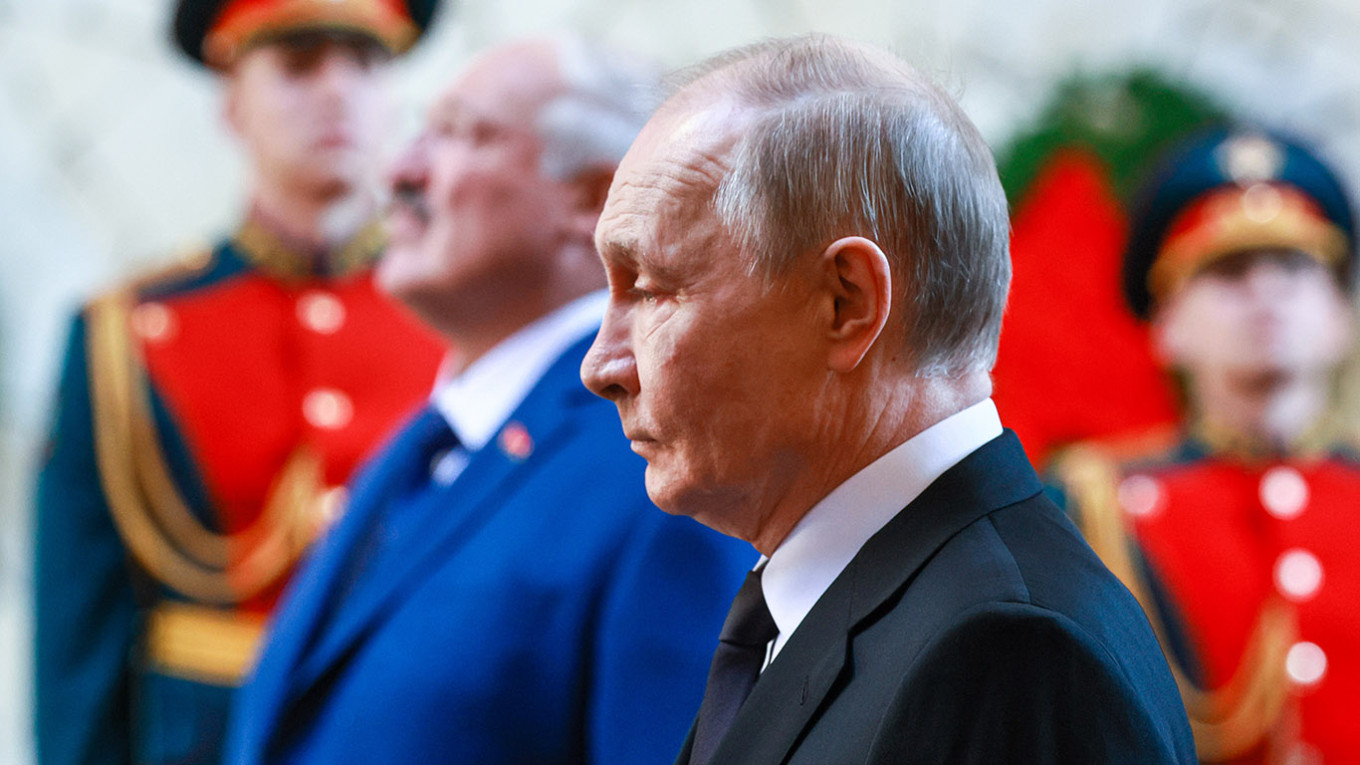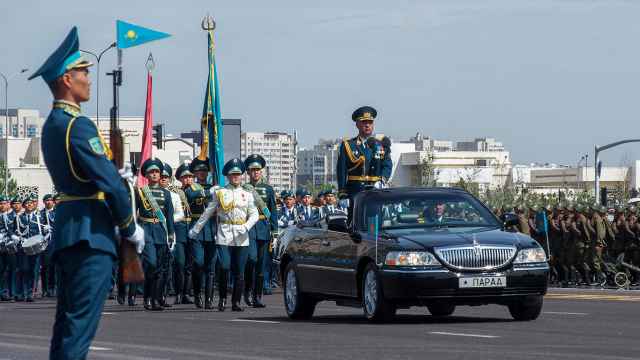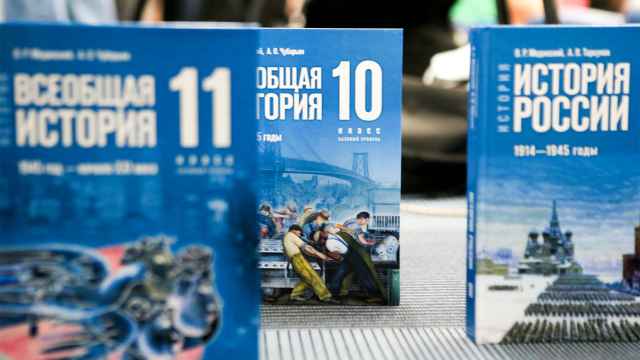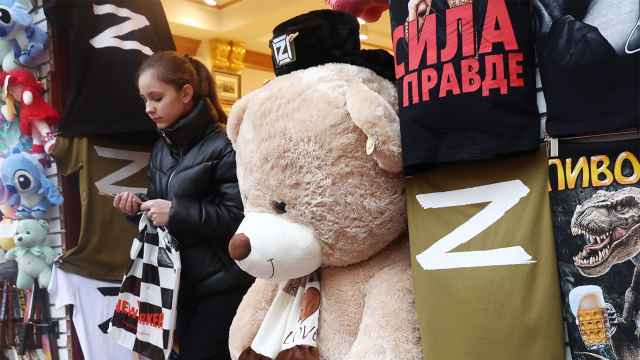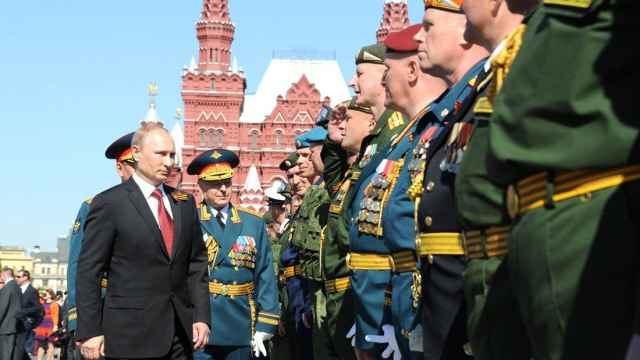When President Vladimir Putin addresses Russia’s military to mark 80 years since Nazi Germany surrendered to the Soviet Union, he won’t just be speaking to his own country.
The Russian leader is expected to host at least 29 foreign leaders, largely from fellow autocracies and repressive regimes, at Friday’s extravagant military parade on Red Square, ending years of relatively low turnouts due to the pandemic and the invasion of Ukraine.
The Kremlin hopes to use this high turnout as a signal to its adversaries that their efforts to isolate Russia over the Ukraine invasion have failed, experts told The Moscow Times.
Beyond this, it will use the spectacle of Victory Day commemorations to re-emphasize its narrative that Russia is fighting the same war against Nazism in Europe and the West that it fought during World War II — and that it will stop at nothing to win.
“The Kremlin plans to use the 80th anniversary of victory over Nazi Germany to draw parallels with today [and say that] victory is just as inevitable,” Boris Bondarev, a former diplomat at Russia’s mission to the UN in Geneva, told The Moscow Times.
“Most importantly, just like Yalta and Potsdam shaped the postwar order, [the Kremlin will say] we expect a new world order after the Ukraine war — one that’s ‘fair’ in Russia’s eyes, meaning Russia can do whatever it wants with zero consequences,” said Bondarev, who resigned in protest against the full-scale invasion.
But unlike Yalta and Potsdam — or even the 60th anniversary Victory Day parade in 2005, when leaders of the United States, France and Germany attended — Russia is now alienated from those allies who shared in its World War II triumph.
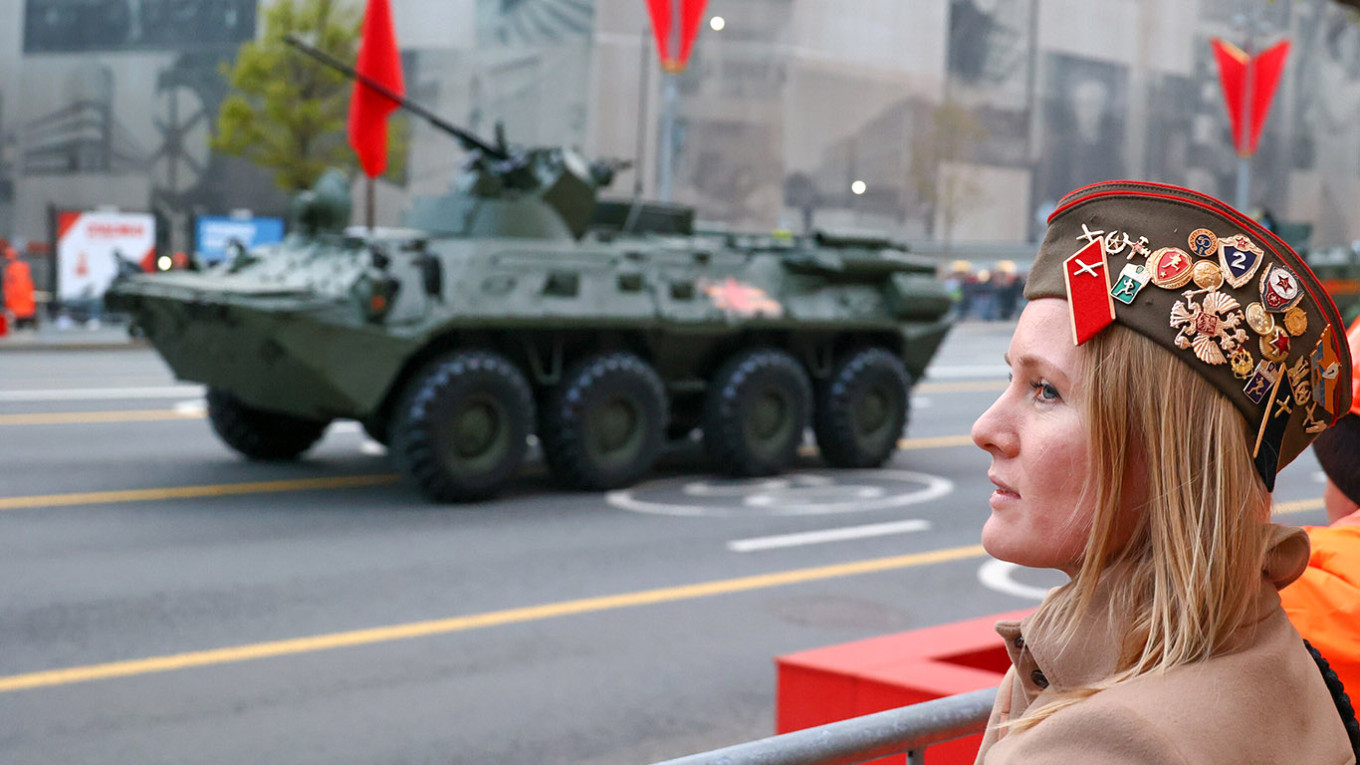
The heads of Serbia, as well as EU and NATO member Slovakia, will be the only European leaders present at this year’s celebration.
“We failed to bring together participants from the anti-Hitler Allies — and that’s telling,” a senior Russian diplomat told The Moscow Times, speaking on condition of anonymity to speak candidly about a political matter.
The leaders of every former Soviet nation except Ukraine, Georgia and the Baltic states are set to attend, as are the heads of the breakaway Georgian regions of Abkhazia and South Ossetia.
Leaders of Brazil, Burkina Faso, China, Cuba, Egypt, Ethiopia, Guinea-Bissau, Laos, Myanmar, Papua New Guinea, the Republic of the Congo, Venezuela, Vietnam and Zimbabwe will also attend.
“It is important that [Brazilian President] Lula is coming. The presence of Central Asian leaders is important — that was known in advance,” said Alexander Gabuev, director of the Carnegie Russia Eurasia Center in Berlin.
“What’s interesting is whether someone from the U.S. will come and at what level. The fact that there will be no Europeans — it's clear that this is a confrontation and a correct assessment that Russia is undoubtedly using the parade for domestic and foreign political positioning of the war with Ukraine,” Gabuev told The Moscow Times.
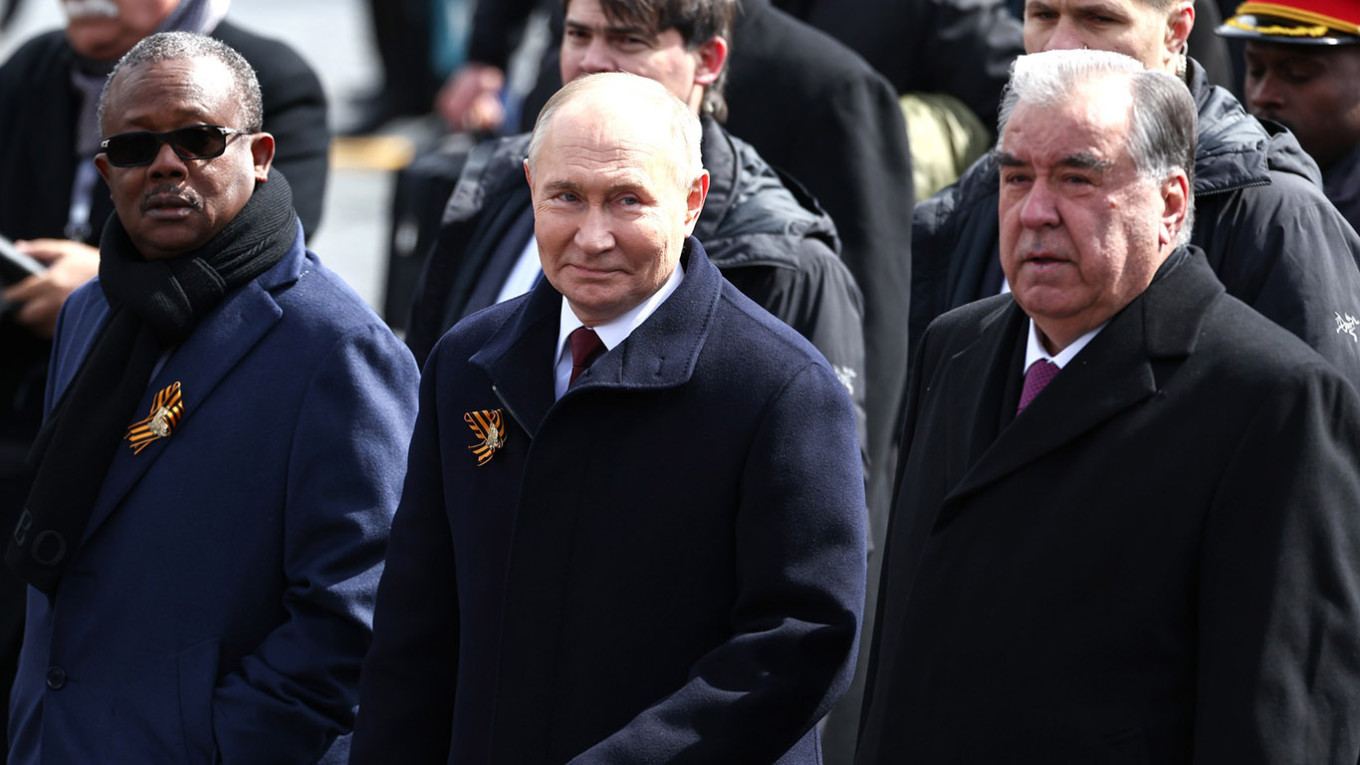
Despite Russia and India’s deepening ties in recent years, Prime Minister Narendra Modi declined Moscow’s invitation to the May 9 parade.
Modi likely did so to avoid a face-to-face with China’s Xi amid the escalating tensions in the disputed territory of Kashmir, where Beijing backs Pakistan, the Russian diplomat said.
“Modi is jealous of our ties with China and was surprised to learn that Xi would be the parade’s main guest,” the diplomat said. “He’s not keen to meet Xi right now, especially in Moscow, given the China-Pakistan axis and the fresh flare-up in Kashmir.”
Even Xi, Putin’s closest ally among major world powers, is largely attending as a “symbolic” gesture, said an independent Russian political analyst who asked not to be named.
“The only real show of solidarity comes from China and a few post-Soviet neighbors, but they don’t have much of a choice,” the analyst said. “Maintaining good relations with an unpredictable Russia is a matter of pragmatism. Even China’s involvement is more symbolic than heartfelt.”
The idea of Russia’s international isolation is “long dead,” said Bondarev.
“Comrade Xi keeps visiting Moscow. Putin travels too. He’s been to North Korea, attending summits. Trump occasionally shatters the isolation narrative, and Witkoff is constantly in Russia,” he said. “Lavrov and his deputies are everywhere. Even Kirill Dmitriev went to the U.S. despite being personally sanctioned. So stop repeating the myth. It clouds the real picture.”
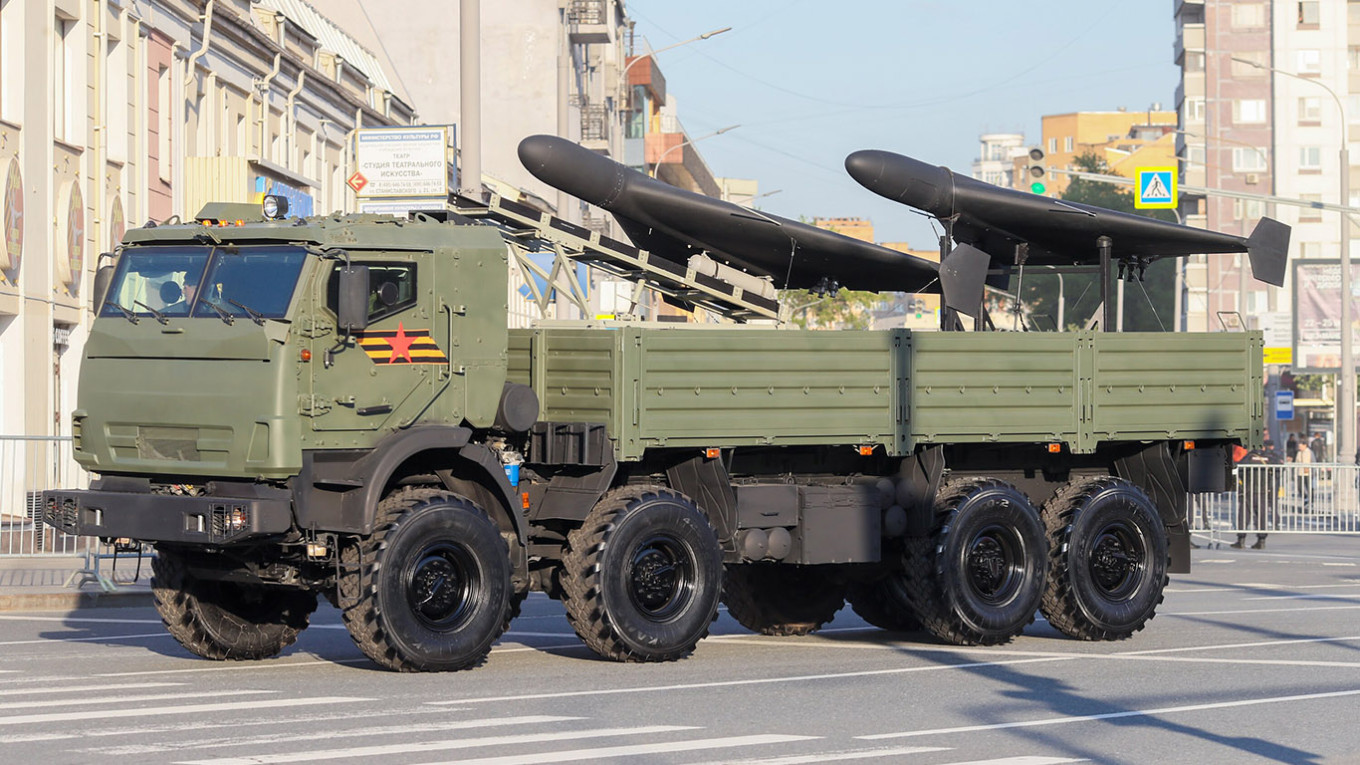
Domestically, Victory Day carries significant emotional weight and unifying potential for Russians, the anonymous analyst said. As Putin’s regime grew more powerful in recent decades, the Kremlin co-opted the holiday’s resonance to bolster public loyalty — and this co-opting will be on full display on Friday.
“[Putin] effectively claimed it for himself, taking over the national narrative and even the traditional rituals, like the Immortal Regiment,” he said.
“Victory is sacred and beyond reproach, which means criticizing it — or Putin — is off-limits. For an autocrat, May 9 isn’t just another holiday — it’s a crucial opportunity to showcase unity around him and to reinforce that unity through spectacle.”
At the same time, the anonymous political expert said that Russians will find little to celebrate in Friday’s parade on Red Square.
“This is not overcoming isolation. And the holiday itself splits the nation, as many see the celebrations as Putin's personal project, not as May 9 in its usual and customary meaning,” the anonymous political expert said.
“What do marching troops from Myanmar or guests from Burkina Faso have to do with our Victory?”
A Message from The Moscow Times:
Dear readers,
We are facing unprecedented challenges. Russia's Prosecutor General's Office has designated The Moscow Times as an "undesirable" organization, criminalizing our work and putting our staff at risk of prosecution. This follows our earlier unjust labeling as a "foreign agent."
These actions are direct attempts to silence independent journalism in Russia. The authorities claim our work "discredits the decisions of the Russian leadership." We see things differently: we strive to provide accurate, unbiased reporting on Russia.
We, the journalists of The Moscow Times, refuse to be silenced. But to continue our work, we need your help.
Your support, no matter how small, makes a world of difference. If you can, please support us monthly starting from just $2. It's quick to set up, and every contribution makes a significant impact.
By supporting The Moscow Times, you're defending open, independent journalism in the face of repression. Thank you for standing with us.
Remind me later.




